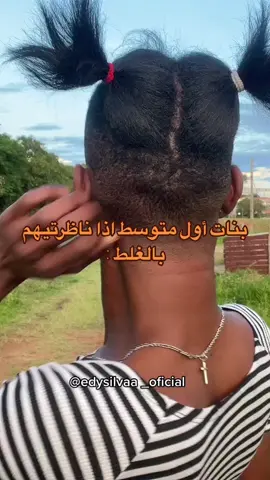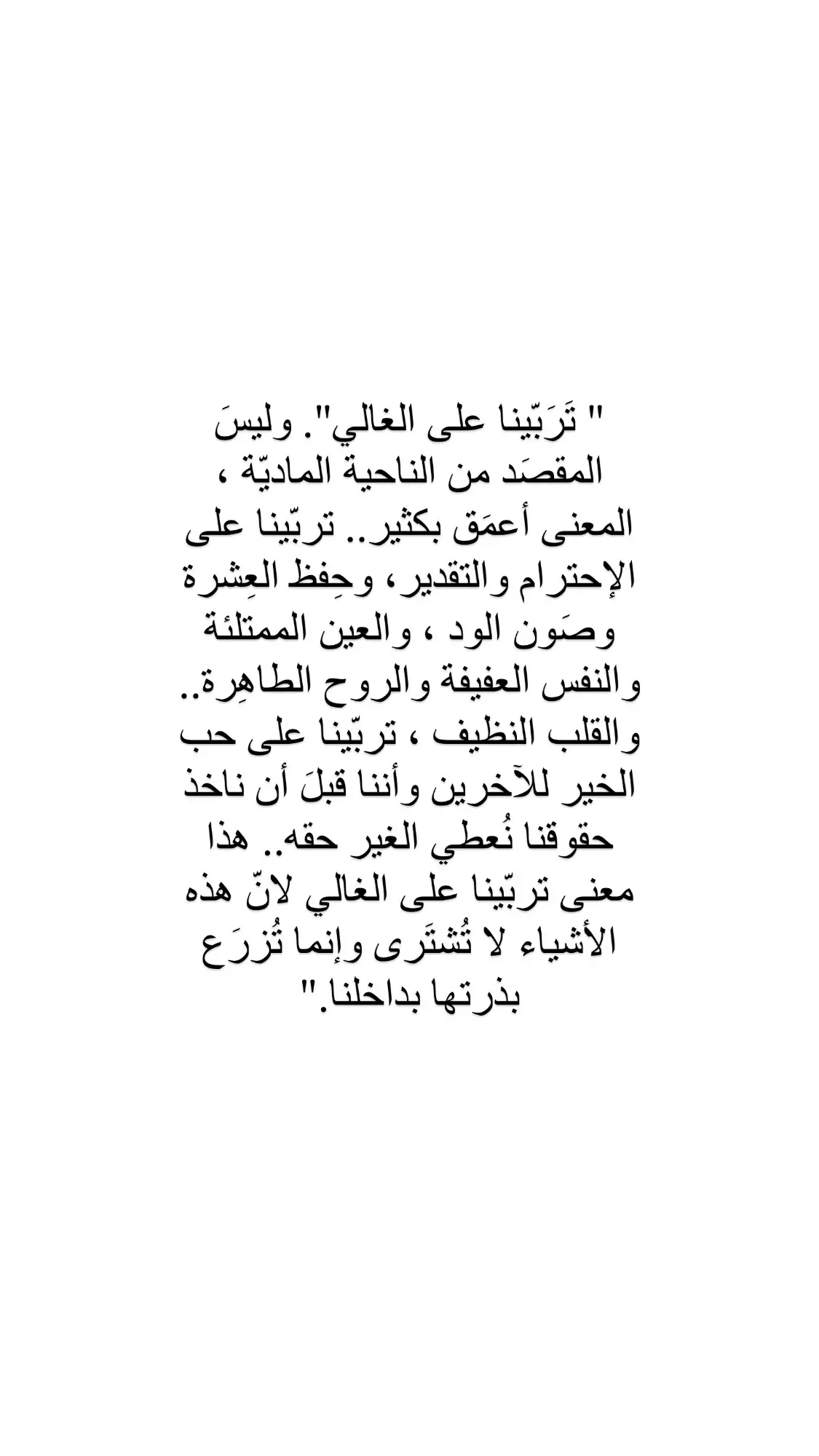demolaviolinist
Region: US
Tuesday 02 May 2023 18:16:30 GMT
10215
338
12
32
Music
Download
Comments
none :
So sincere. Question,Do you coordinate your outfits to scenery? The photography is breathtaking! Wonderfully vibrant and calming.
2023-06-29 05:07:49
3
user2432650363955 mella-kare :
first to comment like and follow
2023-05-02 18:19:31
0
user2432650363955 mella-kare :
which song is that plz
2023-05-02 18:19:54
0
Cardel :
I love your suit as well.
2023-05-26 18:37:12
0
RoRo G :
Simply beautiful❤️
2023-06-06 03:47:39
0
Lusanda ❤ Simelane ❤💯 :
do for me kilimanjaro 🥰
2023-06-25 16:25:56
0
judyhenderson62 :
yes , smooth, relaxing , enjoyable music,Your gift from God 🎻🎻🎻🌹🌹🌹🙏🏽
2023-07-03 05:30:34
0
To see more videos from user @demolaviolinist, please go to the Tikwm
homepage.





